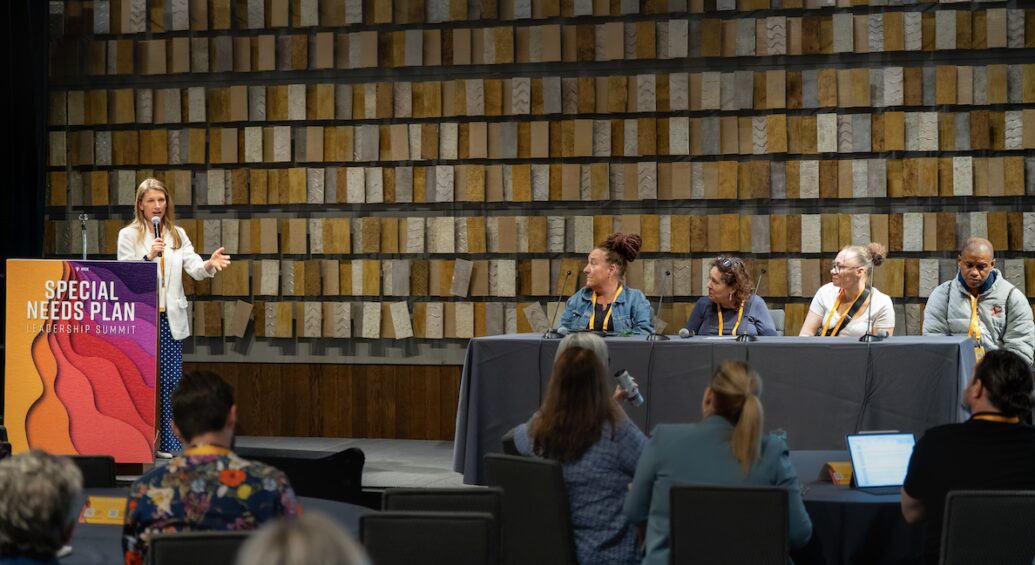What We Heard: Key Takeaways from Our SNP Member Focus Group

At the recent RISE Health Special Needs Plan (SNP) Leadership Summit conference, we had the valuable opportunity to sit down with members and hear their honest feedback about their experience with their health plans. These conversations were eye-opening and deeply important — reminding us that behind every program or benefit is a person navigating real challenges.
Three consistent themes emerged from our focus group. Here's what members told us — and why it matters.
1. Benefit Education Still Needs Work — Relevance, Clarity, and Timing Matter
Members shared that they often don’t fully understand the benefits available to them, and more importantly, how and when to use them. While plans offer a variety of supports, many members expressed frustration at not knowing:
- Which benefits are most relevant to their personal health conditions or social needs
- How much of a benefit they’ve used and what’s left
- When benefits reset or expire — especially those that are short-term
In their words, they don’t want benefits to go to waste, especially services like food delivery or health items that may not be needed. Instead, they’d like the chance to say which benefits they value most and how much they’d use. Personalization is key.
Takeaway: We need to rethink benefit education as a tailored, ongoing conversation, not just a list. Align education with a member’s specific conditions and circumstances. Provide real-time updates on usage, and make it easier for members to choose what works best for them.
2. The Care Manager is the Heart of the Plan
Across the board, members described a deep trust and connection with their Care Manager or Care Navigator. For many, this is the first person they turn to — even for simple questions about their plan or services.
Unlike general member services, Care Managers are seen as allies who understand the full picture — someone who listens, guides, and genuinely cares.
Members made one thing clear: they want consistency. Switching Care Managers year to year disrupts trust and causes unnecessary confusion.
Takeaway: The Care Manager relationship is central to a positive member experience. Preserving continuity in care management staff and empowering these individuals to be benefit educators and advocates could go a long way in improving outcomes and satisfaction.
3. Members Want to Be Heard and Treated with Respect
Above all else, members want to feel respected and understood. These are just a few of the powerful sentiments we heard:
- “Listen to me. Understand me. Make me feel heard.”
- “Talk to me like I’m an adult.”
- “Know that I’m trying.”
- “If you say you’re going to do something, do it — or at least tell me why it’s delayed.”
These statements are about dignity, empathy, and follow-through. Members aren’t expecting perfection — they’re asking for partnership.
Takeaway: Every interaction matters. The way we communicate — with honesty, clarity, and kindness — builds trust or erodes it. It’s essential that we treat members as partners in their care, recognize their effort, and close the loop on promises made.
Final Thoughts
Our focus group was a powerful reminder that members want more than services — they want relationships, respect, and relevance. As we continue to evolve SNP offerings, let’s build systems that put the member voice at the center, not the margins.
When we listen closely, act with intention, and follow through, we earn trust — and with trust, everything becomes possible.


